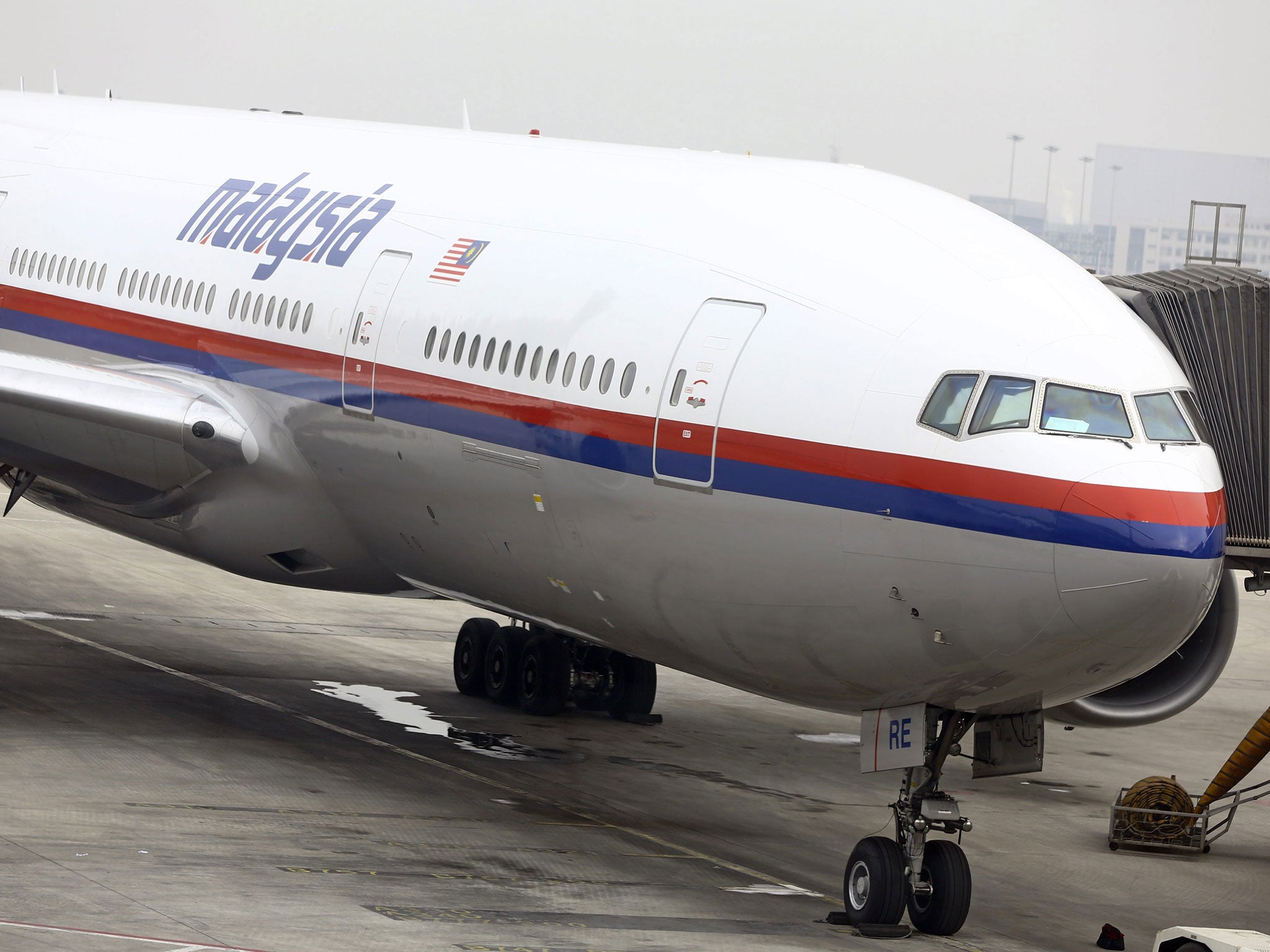Malaysia Airlines flight MH17 crash: The battle for control of the skies intensified after Ukraine ceasefire broke down
The rebels are reported to be changing their tactics, sending relatives away from the cities and digging in for a prolonged urban guerilla warfare

Your support helps us to tell the story
From reproductive rights to climate change to Big Tech, The Independent is on the ground when the story is developing. Whether it's investigating the financials of Elon Musk's pro-Trump PAC or producing our latest documentary, 'The A Word', which shines a light on the American women fighting for reproductive rights, we know how important it is to parse out the facts from the messaging.
At such a critical moment in US history, we need reporters on the ground. Your donation allows us to keep sending journalists to speak to both sides of the story.
The Independent is trusted by Americans across the entire political spectrum. And unlike many other quality news outlets, we choose not to lock Americans out of our reporting and analysis with paywalls. We believe quality journalism should be available to everyone, paid for by those who can afford it.
Your support makes all the difference.As the weeks have passed after a ceasefire collapsed and the Ukrainian government resumed its anti-separatist offensive with renewed strength, fighting has gone in fits and starts. But the targets have got larger, attacks more dramatic, and the weaponry more sophisticated.
A few hours before news of the downed Malaysian airliner broke, Ukrainian officials had blamed the Russian air force for shooting down one of their jets a day earlier. It wasn’t the first attack on an aviation target: in mid-June, separatists shot down a Ukrainian military transport plane as it came in to land in the eastern city of Luhansk, killing all 49 military personnel on board.
At the time, it was the deadliest incident in a conflict which started slipping into full-scale civil war in February, when insurgents seized government buildings in the industrial eastern heartland, trying to force regions of eastern Ukraine to break away.
Their eventual goal is to join Russia, and the Kremlin stands accused of aiding the rebels. But leaders from the US and EU were determined to try to broker a ceasefire.
For a few days, it looked like the truce might hold, but on 24 June, a military helicopter was shot down in the east. Still, Ukraine’s leaders persevered with the peace plan, but in early July it crumbled altogether with at least nine civilians killed. Both sides blamed each other – the fighting resumed with increased ferocity.
The Ukrainian military made the first serious gains, with the pro-Russian rebels losing much of the ground in the east and driven from their stronghold at Slovyansk. The insurgents have lost at least half of their territory since the beginning of July.
But many have retreated and regrouped at Luhansk and in Donetsk, the city of one million people close to the site of the crash. The rebels are reported to be changing their tactics, sending relatives away from the cities and digging in for a prolonged urban guerilla warfare.
“To respond to this phase... we evidently must change tactics,” Valeriy Chaly, deputy head of the presidential administration, told the Associated Press news agency.
Territory is frequently changing hands however as the balance of power shifts, and the rebels have maintained the ability to hit Ukrainian government forces with deadly attacks. Last week, 19 soldiers were killed in a hail of missiles. After renewed accusations that Russia was supplying sophisticated weapons including tanks and multiple rocket launchers, the Ukrainian military launched a round of air strikes on rebel positions near the border with Russia.
They have also targeted convoys coming from the border, desperate to disrupt the supply lines.
As the Ukrainian military increased its onslaught, patience in Moscow appeared to be wearing thin. When news of the first Russian casualty broke last week – a man was killed by a shell coming over the border – the Kremlin stepped up the rhetoric, with promises of “irreversible consequences”.
Sanctions from the US and EU appear to have had little impact. The US has shown a willingness to provide the Ukrainian authorities with non-lethal military assistance, but if the next phase of the fighting does enter a guerilla war stage, the government is ill-equipped to counter it.
Join our commenting forum
Join thought-provoking conversations, follow other Independent readers and see their replies
Comments